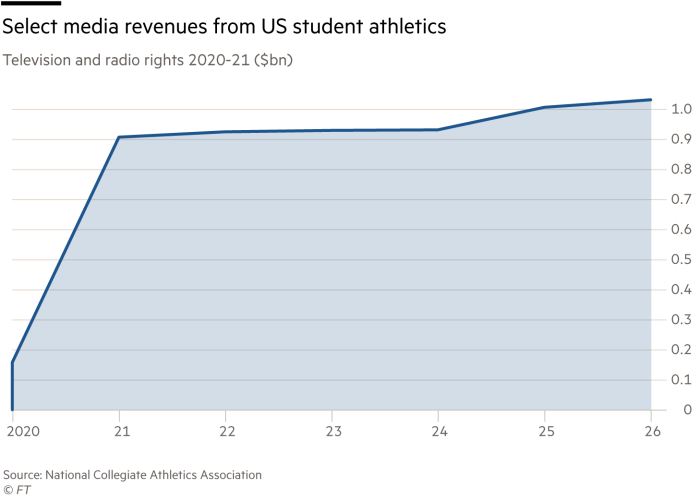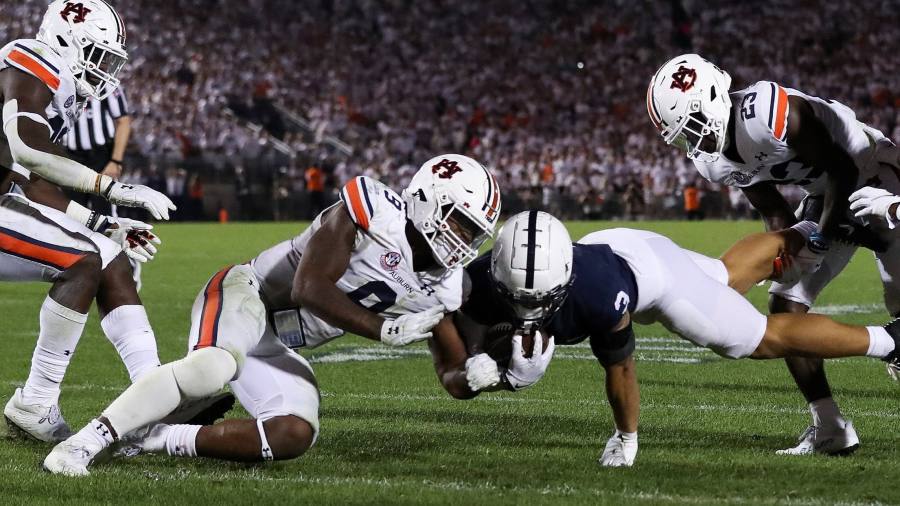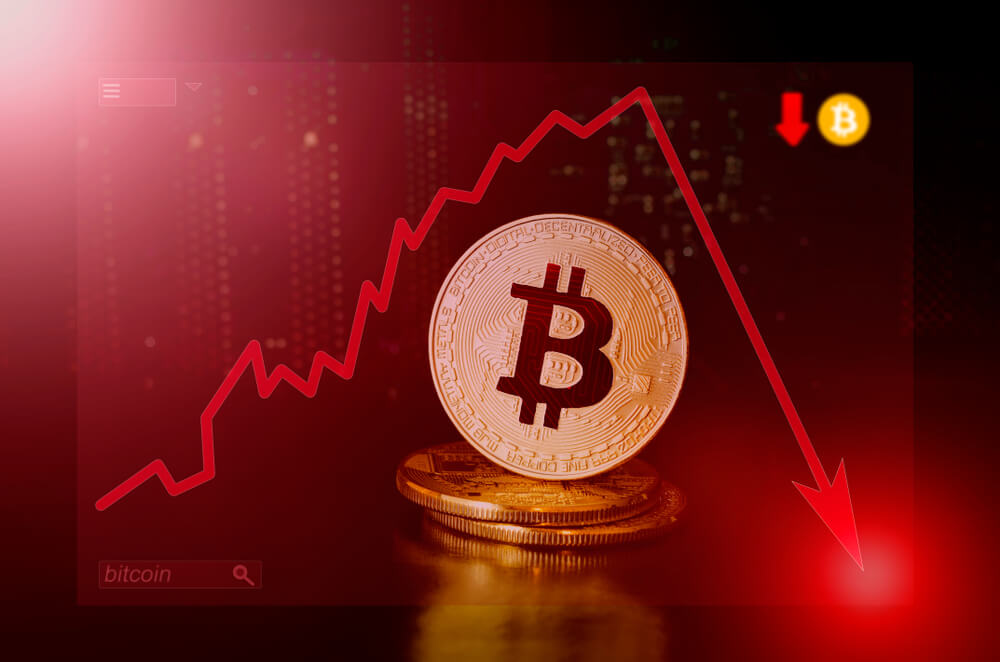In 2035 or so, an economist may win a Nobel Prize for showing that post-pandemic inflation did not come from supply bottlenecks or stimulus payments but from an arms race in American college football.
Take Auburn University. The problem of this Alabama state institution is not that it is paying someone a lot to coach its high-profile football team. Instead, the college is currently paying two different men close to $50mn for the next few years not to coach its team.
College football coaches are demigods in America. Their names are emblazoned on town welcome signs. Their pay runs into millions and is largely guaranteed.
Auburn has sacked two disappointing team leaders since 2020. The pair had contracts with hefty buyout clauses. They will receive most of their anticipated remuneration.
Schools such as Auburn are increasingly willing to sack coaches when teams lose a few games. Even hard-bitten Wall Street bankers may be shocked by the savage Darwinism of the profession. Moreover, it is manifesting itself mostly at tertiary education institutions theoretically run for state citizens.
College football has become a commercial juggernaut. TV rights for the top college football league, which includes Auburn, the University of Alabama and University of Georgia are now worth $300mn annually to Disney’s ESPN sports broadcasting division. A separate package for national playoff games shown on ESPN goes for $470mn per year.

The highest payouts go to teams that make championship rounds. A top coach is seen as the sine qua non to recruiting new, non-remunerated talent. Salaries and buyouts are often paid for not by taxpayers but non-profit “booster” clubs of wealthy superfans. Their fanaticism helps fuel the frenzy.
University bosses argue that most of the spoils go to athletic departments and universities in the form of alumni donations and goodwill. The dominant college football team of the past 15 years is at the University of Alabama. A majority of students there now enrol from out of state paying tuition fees treble those of state residents.
Still, there is a jarring contrast between college football as a big money game and the Corinthian ideals of founders. It is just one facet of US universities where education now comes second to business. That is something for all Americans to mull over, not just would-be Nobel laureates.
The Lex team is interested in hearing more from readers. Please tell us what you think of big money US college football in the comments section below.
Credit: Source link














